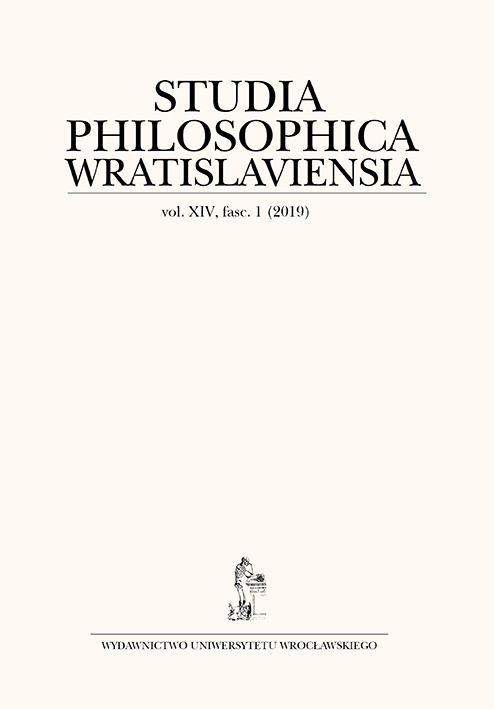

PHILOSOPHY AND POLITICS

In these times of walls and razor-wires, open borders appear to be more utopian than always. Nonetheless, philosophers like Joseph Carens and, similarly but earlier, Timothy King and James L. Hudson, famously argued that the major philosophical perspectives in the Western world—libertarian, egalitarian, and utilitarian—would support a right to freedom of international movement of people. What would be the relative default position from the standpoint of natural law theory? In this article, I present a general introduction on natural law theory and its role in and outside philosophy, before presenting claims specific to the migration debate. I then recall the defence of a right to free movement by two authors sympathetic to the natural-law tradition, Ann and Michael Dummett: a defence which is grounded in principles of fairness and reciprocity and develops elements belonging to international law. I also outline John Finnis’s more critical and nuanced position. Finnis is eager to legitimize state authority and the “special relations” binding fellow countrymen: however, I claim that the classic Thomist perspective in which he situates these claims ensure his respect of a right to international movement which could be characterized as a version of “open borders,” with some definitional restrictions and qualifications of this latter phrase. Finally, I deal with the theory of Alasdair MacIntyre. Trying to infer MacIntyre’s attitude toward migration from the classic but short article on patriotism, might turn out to be no less dif ficult than potentially misleading, especially if that article is not read in its details. Complementary elements are offered in MacIntyre’s account of natural law “as subversive.” On these grounds, I claim that, contrary to simplistic misreading of MacIntyre’s alleged “communitarianism,” MacIntyrean Aristotelian Thomism would endorse a theory of migration more compatible with reasonably conceived open borders. I conclude my chapter with a presentation of Aquinas’s concise intervention on the subject, and I show that it further supports my reading of the natural law tradition.